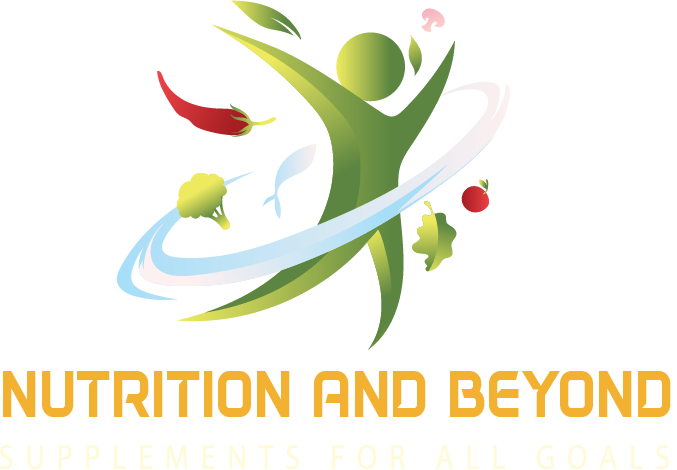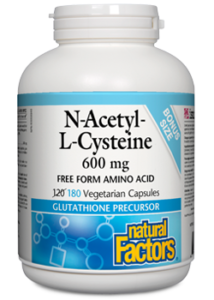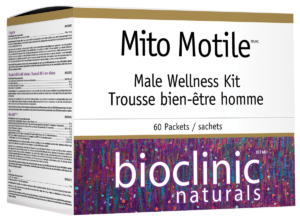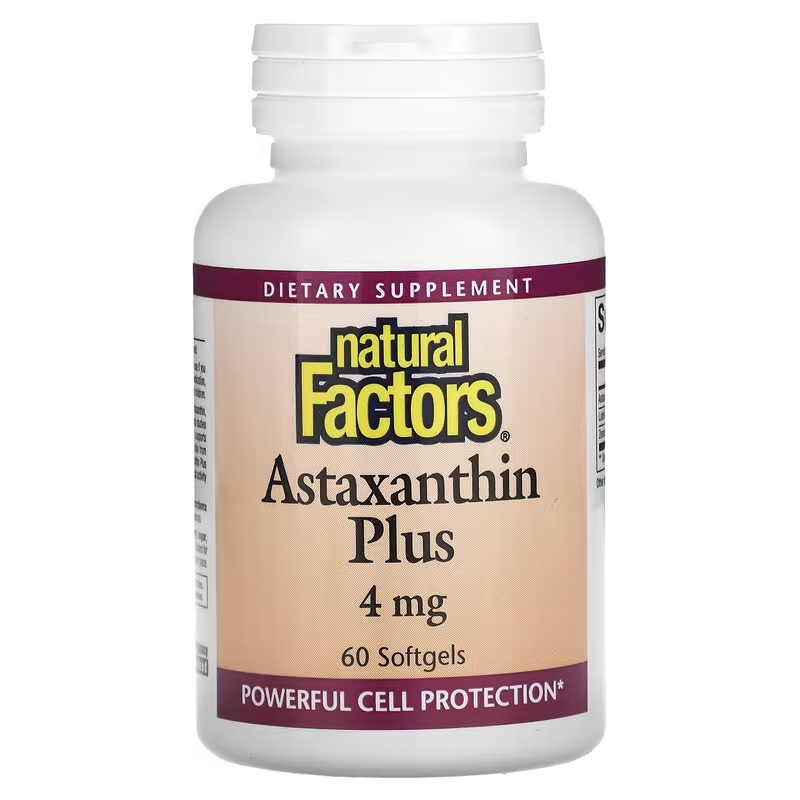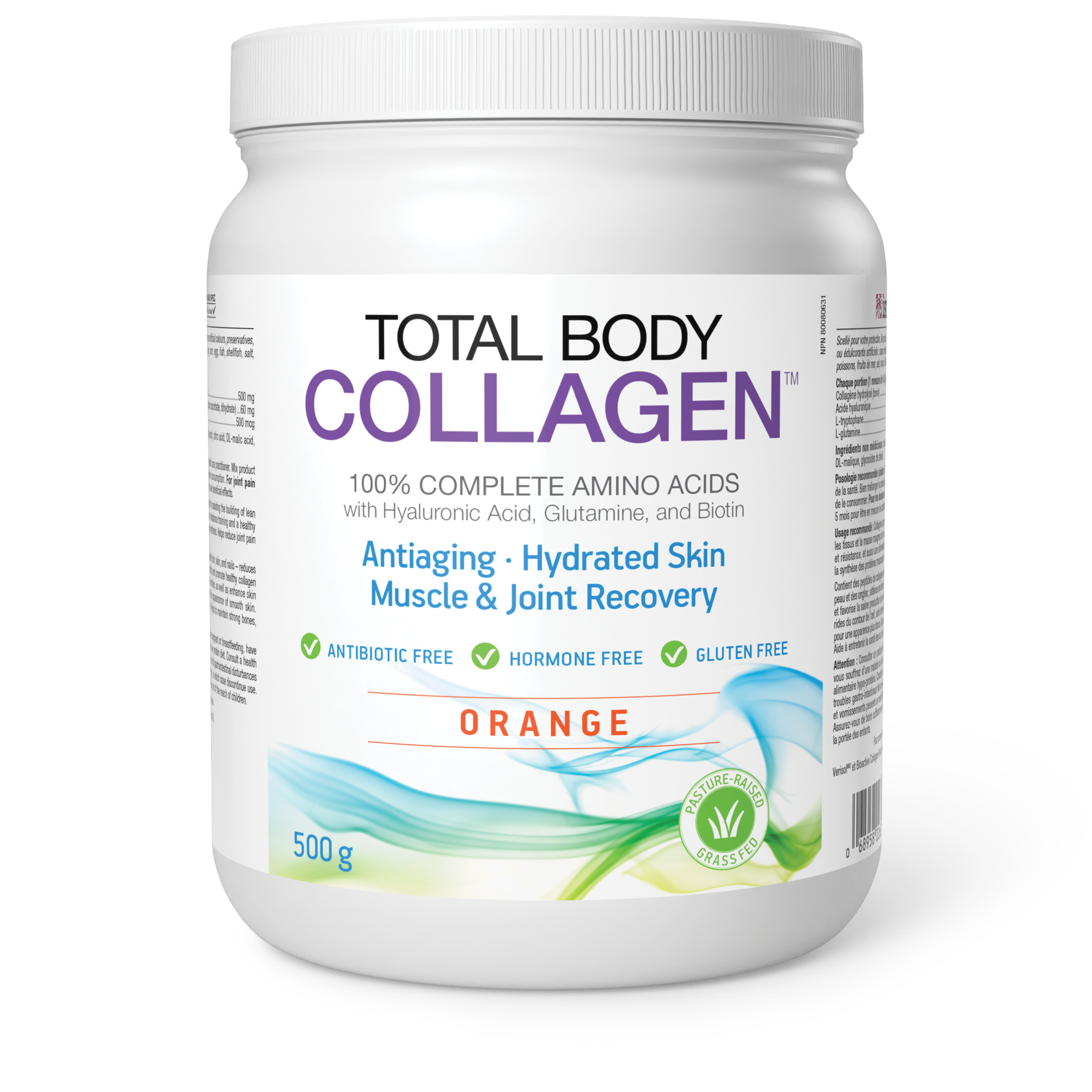“Unlocking the Hidden Potential of N-Acetyl-l-Cysteine”
N-Acetyl-l-Cysteine (NAC) has been reported to have positive effects on liver health, facilitating the production of the antioxidant glutathione which plays a crucial role in detoxification. Additionally, NAC has been associated with promoting sinus health by supporting mucus viscosity and reducing symptoms of chronic sinusitis. In terms of fertility, NAC has shown potential in helping to balance certain reproductive hormones. It has also demonstrated effectiveness in mitigating Tylenol (acetaminophen) toxicity by replenishing glutathione levels in the liver. Furthermore, research suggests that NAC may have a positive impact on lung health, especially in cases of respiratory conditions. Finally, NAC has been studied for its potential benefits for brain health, particularly in relation to mental disorders and cognitive function.
N-Acetyl-l-Cysteine (NAC) has shown potential in supporting sperm health. Some studies suggest that NAC may help in improving sperm count, motility, and morphology. Its antioxidant properties can also aid in protecting sperm from oxidative damage. One of the potential mechanisms of action of N-Acetyl-l-Cysteine (NAC) on egg quality is its ability to act as a precursor to glutathione, an important antioxidant present in the cells of the body, including the oocytes (eggs). Glutathione plays a crucial role in protecting the oocytes from oxidative stress, which can affect egg quality. NAC has been reported to facilitate the production of glutathione, thereby potentially enhancing the antioxidant defense system within the oocytes. This mechanism suggests that NAC supplementation may contribute to supporting and maintaining healthy egg quality. However, it’s important to consult with a healthcare professional before considering NAC supplementation for specific health concerns, including sperm health
N-Acetyl-l-Cysteine (NAC) is a compound that can be obtained through the diet as well as in supplement form. Some food sources of cysteine, which is a precursor to NAC, include poultry, yogurt, cheese, eggs, sunflower seeds, and legumes. However, it’s important to note that while these foods contain cysteine, the body’s conversion of cysteine to NAC is limited. Therefore, some individuals may choose to take NAC supplements to ensure an adequate intake.
